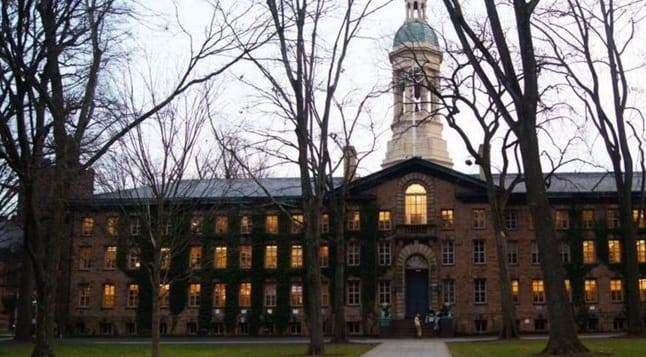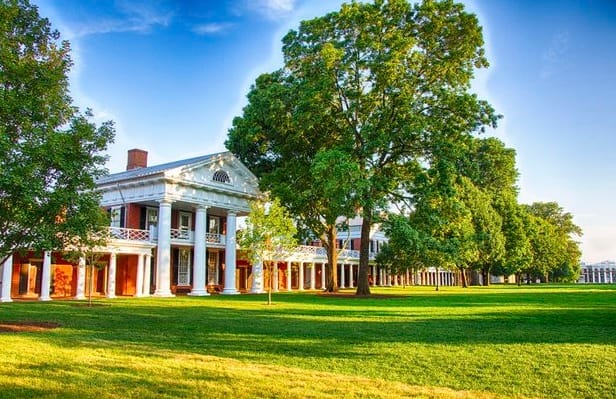
Every year, the release of the U.S. News & World Report college rankings unleashes a whirlwind of reactions from students, faculty, and administrators. This year is no different, as the rankings generate a mix of celebration, dismay, and, inevitably, anger. Critics question the validity of the metrics, while others immerse themselves in the pursuit of prestige. In this article, we will explore the impact of these rankings, the controversies surrounding them, and what they mean for prospective students and institutions.
Rankings Landscape
The U.S. News college rankings have become a staple for prospective students and their families, often influencing college choices more than any other factor. The report assesses a variety of criteria, including graduation rates, academic reputation, faculty resources, and financial resources, among others. These rankings are presented as a definitive guide to the best institutions in the United States, which can be both enlightening and confusing.
However, the U.S. The methodology employed by the News has faced significant scrutiny. Critics argue that the rankings oversimplify the complexities of higher education and that they disproportionately favor wealthy institutions. The emphasis on prestige and resources can overshadow the important educational experiences offered by smaller colleges and universities, which may not have the same financial backing but excel in teaching and student support.
Anger and Passion
The annual release of these rankings often sparks a flurry of emotional reactions. Some college administrators express outrage at the perceived injustice in the rankings, while others become desperate to improve their institutions’ standing. This obsession with rankings can lead to a toxic culture within universities, where administrators prioritize superficial metrics over actual educational quality.
For students and parents, the reaction can be equally intense. Many prospective students find themselves drawn to the prestige associated with top-ranked schools, believing that admission to these institutions guarantees a successful future. However, this perception can be misleading. The reality is that student success is often influenced by factors beyond institutional rankings, such as individual motivation, support systems, and personal career goals.
Impact on College Choices

For many students, the U.S. News rankings serve as a primary resource when researching colleges. However, relying solely on these rankings can be harmful. It can lead students to overlook institutions that better align with their personal values and aspirations, simply because they are not ranked at the top of the rankings. As a result, countless students may miss out on transformative experiences at lesser-known but high-quality institutions.
Furthermore, focusing on rankings can exacerbate social inequities in higher education. Students from low-income backgrounds or underrepresented communities may feel pressured to attend highly ranked institutions, even if they are not the best fit for their needs. This can lead to increased financial strain and academic stress, which can undermine the core goals of higher education: personal growth and lifelong learning.
Criticism and Alternatives
U.S. Criticism of the U.S. News rankings has led to discussions about the need for alternative measures of college quality. Many educators advocate for a more holistic approach to assessing institutions, emphasizing student experiences, outcomes, and community engagement rather than numerical rankings. Organizations such as the Princeton Review and College Consensus offer alternative insights into college quality, focusing on student satisfaction and unique institutional characteristics.
Additionally, there is a growing movement to encourage students to prioritize fit over reputation. Prospective students are urged to consider factors such as campus culture, academic programs, and support services when selecting a college. This shift in focus may lead to a more satisfying and personally relevant college experience.
Looking Ahead

As the debate over college rankings continues, it is essential for students, parents, and educators to view the U.S. News rankings with a critical mindset. While they can serve as a starting point for college research, they should not dictate decisions. Instead, prospective students should explore a broader range of factors that contribute to a quality education. Colleges and universities, for their part, should continue to consider the implications of these rankings. Institutions should strive to foster environments that prioritize student welfare and learning outcomes rather than simply chasing prestige. By focusing on genuine educational quality and community engagement, colleges can develop richer experiences beyond numerical rankings.